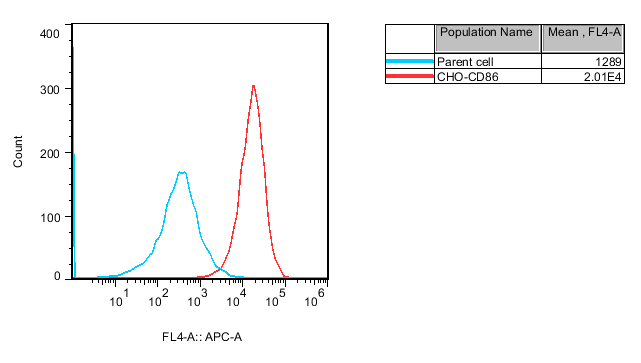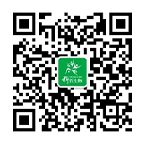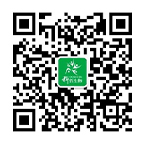CD86/CHO
CBP74070
詢 價
索取Protocol
產(chǎn)品描述
產(chǎn)品數(shù)據(jù)庫
| I. Background | |
| B7-2 (CD86) signaling through CTLA4 (CD152) has been shown to inhibit T- cell activation. This co-inhibitory pathway can be overactive in many tumors, enabling cancers to escape the host’s immune system. CTLA4-blocking antibodies, including Ipilimumab (Yervoy) and Tremelimumab, have shown clinical efficacy in treating cancer. | |
| II. Description | |
|
Recombinant CHO cells constitutively expressing human CD86. |
|
| III. Introduction | |
| Host Cell: | CHO |
| Expressed gene: | CD86 |
| Stability: | 32 passages (in-house test, that not means the cell line will be instable beyond the passages we tested.) |
| Synonym(s): |
T-lymphocyte activation antigen CD86, B7.2, FUN-1, B70, BU63, CD86, B72 |
| Freeze Medium: | 90% FBS+10% DMSO |
| Culture Medium: | F12K+10%FBS+500ug/ml hygromycin |
| Mycoplasma Testing: | Negative |
| Storage: | Liquid nitrogen |
| Application(s): | Ligand of CD28&Binding Assay,FACS |
| IV. Description of Host Cell Line | |
| Organism: | Cricetulus griseus, hamster, Chinese |
| Tissue: | Ovary |
| Disease: | Hamster Chinese ovary |
| Morphology: | Epitheloid cell |
| Growth Properties: | Adherent |
| Ⅴ. Representative Data | |
|
Figure 1. Recombinant CHO cells expressing human CD86. |
|



